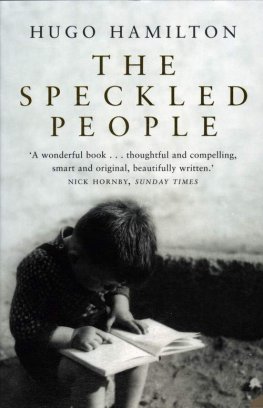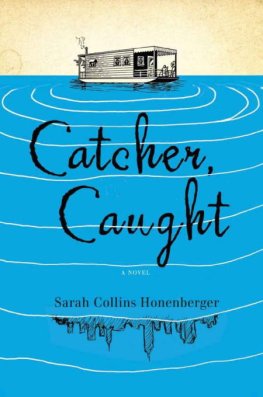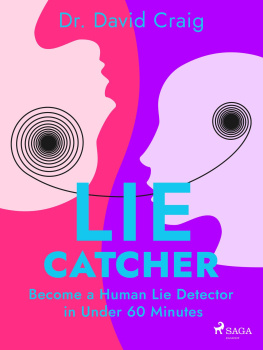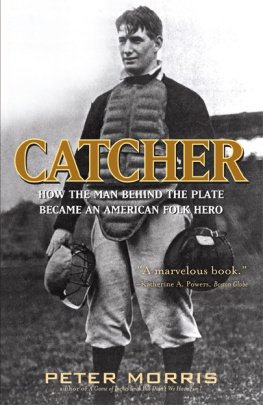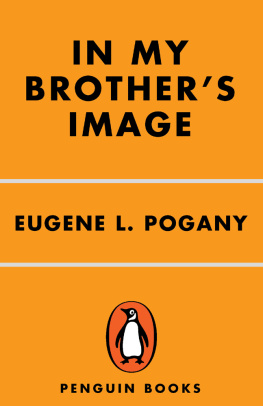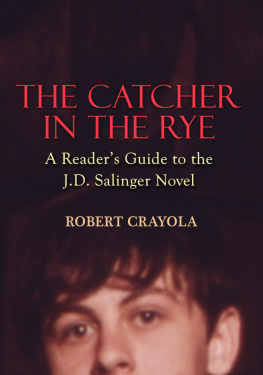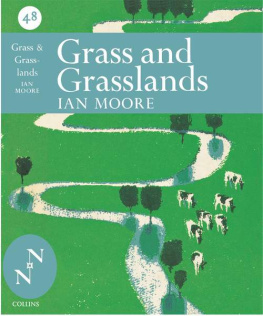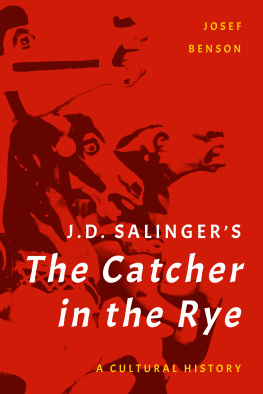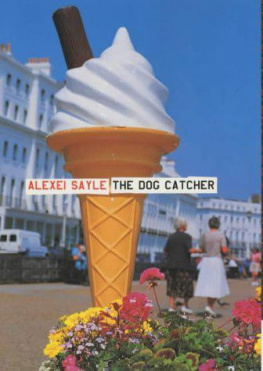VICTORIA UNIVERSITY PRESS
Victoria University of Wellington
PO Box 600 Wellington
vup.victoria.ac.nz
Copyright Ian Wedde 2014
First published 2014
This book is copyright. Apart from
any fair dealing for the purpose of private study,
research, criticism or review, as permitted under the
Copyright Act, no part may be reproduced by any
process without the permission of
the publishers
National Library of New Zealand Cataloguing-in-Publication Data
Wedde, Ian.
The grass catcher : a digression about home / Ian Wedde.
ISBN 978-0-86473-938-4
1. Wedde, Ian. 2. Poets, New ZealandBiography. I. Title.
NZ824.2dc 23
ISBN 978-0-86473-938-4 (print)
ISBN 978-1-77656-116-6 (EPUB)
ISBN 978-1-77656-007-3 (Kindle)
Ebook conversion 2014 by meBooks
The grass catcher
My first home, which I shared with my twin brother David, was our mothers womb. I seem to know in my cells that bargaining took place there and during the events that led to our moving in. Which of us would be left-handed? Which of us would have sons but not daughters (and vice versa)? Which of us would have a sanguine nature, and which that of a fantasist? In one way or another, this home and the trading that went on during our time there shaped our individual and collective identities. Our fates, the fantasist might have added, while his sanguine brother basked calmly in whatever present he was enjoying.
My brother left this home first, by twenty minutes long enough for me to get the long-suffering expression that appears in most photographs of us as infants and little boys. Dave was strongly built, with a handsome, solid-boned frame, square head and a wide, delighted smile for the world. His twin, on the other hand, was slighter, with a notoriously rosebud mouth (my first affectionately disparaging nickname was Rosebud) and a forehead of foppish curls. An early memory: the smell of the spit with which my mother sculpted these ornaments. And my habitual expression, if the photos are to be believed, was querulous and introspective, as if an internal world or narrative kept distracting me from the obvious pleasures of the one out there.
I believe, without reason of course, that the companion of my first exile didnt really notice what had happened. Im sure I loved him then, in the weird, astigmatic way that twins do, but I may also have wished he had doubts about the situation we were in, as I did, instead of always beating me to the sunshine by at least twenty minutes. A family story, embedded deeply enough in my consciousness to have become something like a memory, concerns an event that was at once my revenge on my twins diasporic equanimity and my acknowledgement that he felt pain differently from me. Our second home (after our mothers womb) was our maternal grandmothers house in Francis Street, Blenheim, where our mother and father also lived. Nana Horne (Agnes, or Aggie Horne ne Tait) would take us for walks in our double wickerwork pram, and one day was alarmed by bellows of pain from the sunny-natured David: it was usually me who did the shrieking. After close inspection she discovered that the thumb his brother was gnashing with a sharp new tooth was not mine but his.
I wish I could recover the illicit pleasure of this displaced gratification, which involved my brother feeling my pain for me while I stole his comfort. At the same time, I know, guiltily, that something like this displacement would become my default imaginative condition: how I inhabited the first home-out-there-in-the-world about which, sixty-something years later, I can claim to remember anything.
Of course I cant really remember the notorious thumb-sucking incident, which the family enshrined as a tribal joke while simultaneously deploying it as a forensic lens on my developing character. Nor, of course, can my brother remember what happened. He, however, is certain that it was my thumb he was serenely sucking and biting as I shrieked. What Daves memory does to my version of the familys narrative is, of course, twist it away from the direction I want it to go in: away from the evolution of the duplicitous nature that serves my story best, that contrasts my perplexity about home with Daves equanimity.
But I vividly remember another, later event. In 1954 we had gone to live in East Pakistan, now called Bangladesh. Dave and I, armed with air rifles, prowled the scrub that surrounded our house, hoping to shoot snakes or anything else that was alive and, in our view, deserving of death. Wed had an argument about something or other, and I ambushed Dave from behind the door to our bedroom. My memory of pulling the trigger of my air rifle has long been buried under self-protective tissue, but not my memory of the nauseating purple hole that appeared in my twins thigh and the murky trickle of blood that ran from it. I went with my ashen-faced brother and grim mother to the hospital run by a Baptist missionary called Dr Bottoms. There was a veranda with lepers sitting in its shade, and a badly burned man in a kind of hammock filled with soothing oil. In a hot room smelling of dry wood-rot and strong disinfectant, the doctor probed the sickening hole below the leg of Daves khaki shorts and, eventually, forceped out the slug Id accidentally shot into his thigh, while I drowned out my brothers stoic groans with my own theatrical shrieks of It hurts! It hurts! adding him after a grudging pause. But It hurts me was certainly the subtext of the story that entered the family archive as additional hilarious evidence of my characters melodramatic inclinations. And, clearly, it wasnt my brothers pain I wanted, but our mothers sympathy. As with the pram incident, I wanted him to feel the pain so I could have the pleasure. Was there a pattern here? Did the familys wry anecdote contain an uneasy awareness of my duplicitous tendencies?
Another memory seems to belong somewhere along the arc from pram to gun. This memory is at once vivid and abstract, and I cant be sure whether the event I remember was single or typical. Our father was proud of his fine asparagus patch in the large back section of the home in Francis Street, and when Dave and I were about six we played in it after the plants had gone to seed and turned into a feathery, head-high jungle. This would have been about 1953. I dont remember the actual in-the-asparagus-bed story Id become engrossed in acting out, but I do remember looking around at some point and noticing that Dave, Bobby Moss from next door, and whoever else had been involved, had gone.
This was probably because I was bossy Now you be this, go here, do that and they just got sick of me. But that was because I was so absorbed in the game. There was an irresistible world I entered through my imagination not so much an inner world as a physical one out there, but whose portal was inside me. Sooner or later it would dawn on those I was directing to play in this world that it was not one they cared much about, or even one they were


